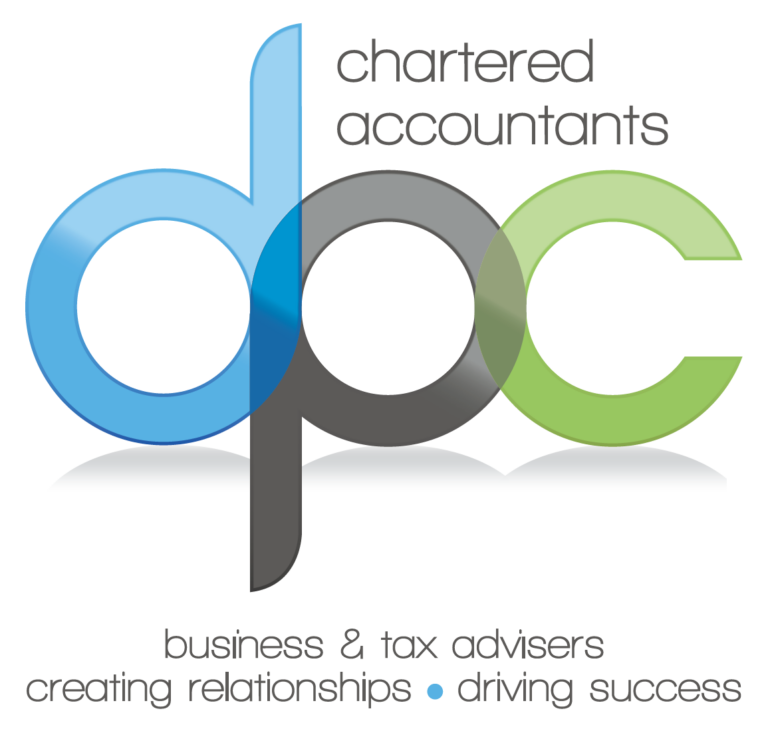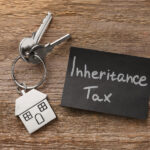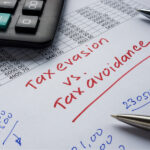Written 26 March 2020
Help for the Self Employed
Chancellor Rishi Sunak has announced measures to support the self-employed and partnerships.
The Self-employment Income Support Scheme (SEISS) will support self-employed individuals (including members of partnerships) whose income has been negatively impacted by COVID-19. The scheme will provide a grant to self-employed individuals or partnerships, worth 80% of their profits up to a cap of £2,500 per month for three months, March, April and May, although this maybe extended.
Who is eligible?
To be eligible for the scheme you must meet all the criteria below:
- Be self-employed or a member of partnership;
- Have lost trading/partnership trading profits due to COVID-19;
- File a tax return for 2018-19 as self-employed or a member of a trading partnership.
- Have traded in 2019-20; be currently trading at the point of application (or would be except for COVID 19).
- Intend to continue to trade in the tax year 2020 to 2021
- Your trading profits must be less than £50,000 and more than half of your total income come from self-employment. This is determined by one of the following conditions being true:
-
- Your trading profits were less than £50,000 and this is more than half of your total taxable income in 2018/19
- Your average trading profits across the three years between 2016-17, 2017-18, and 2018-19 were less than £50,000, and these profits constitute more than half of your average taxable income in the same period.
If you have only started to trade between 2016 – 2019 then HMRC will only use those years which you have filed a tax return and included self employment income.
If you have not yet submitted your 2019 Self Assessment Return you must do so by 23 April 2020 if you want to be eligible for the support. If your return is not filed HMRC will not be able to calculate what your grant amount is.
How do I access this?
Individuals should not contact HMRC now. Those who are eligible will be contacted by HMRC and invite applications once the scheme is operational. HMRC will then pay the grant directly to eligible claimants’ bank account. HMRC is urgently working to deliver the scheme; grants are expected to start to be paid out by beginning of June 2020. For eligible individuals who have not submitted their returns for 2018-19, they will have 4 weeks’ notice from the date of the announcement to file their returns and therefore become eligible for this scheme.
As the scheme becomes available further guidance will be issued, we will keep you updated as more information becomes available, the HMRC guidance can be found here.
What can I do in the interim while I wait for the grant?
Even if you are eligible for help from this scheme, given HMRC still need to develop the scheme guidance, application system etc, it’s unlikely you will receive any of the cash in your bank account until June at the earliest, which for many will be a struggle.
Other help is available:
- You can try applying for a business interruption loan if eligible,
- If you have a business premises and do not pay business rates due to the Small Business Rates Relief then you could receive a grant of £10,000 (Small Business Grant) to help with general business expenses.
- or universal credit (for universal credit, the grant will be treated as earnings – but check if you can apply for support before the SEISS grant comes through).
- In addition, you can contact your local council regarding Council Tax Support
- Possible explore other Welfare Benefits
- HMRC have deferred the 31 July 2020 payment on account to 31 January 2021 to assist with cashflow.
- VAT Payment deferral to 2021 for payments due between 20 March 2020 – 30 June 2020.
If we can help you with finalisation of your 2018/2019 Self Assessment Return before 23 April 2020 in order for you to be eligible for the scheme, or if we can help you in any other way, please get in touch with our personal tax team who will be only to happy to help.







